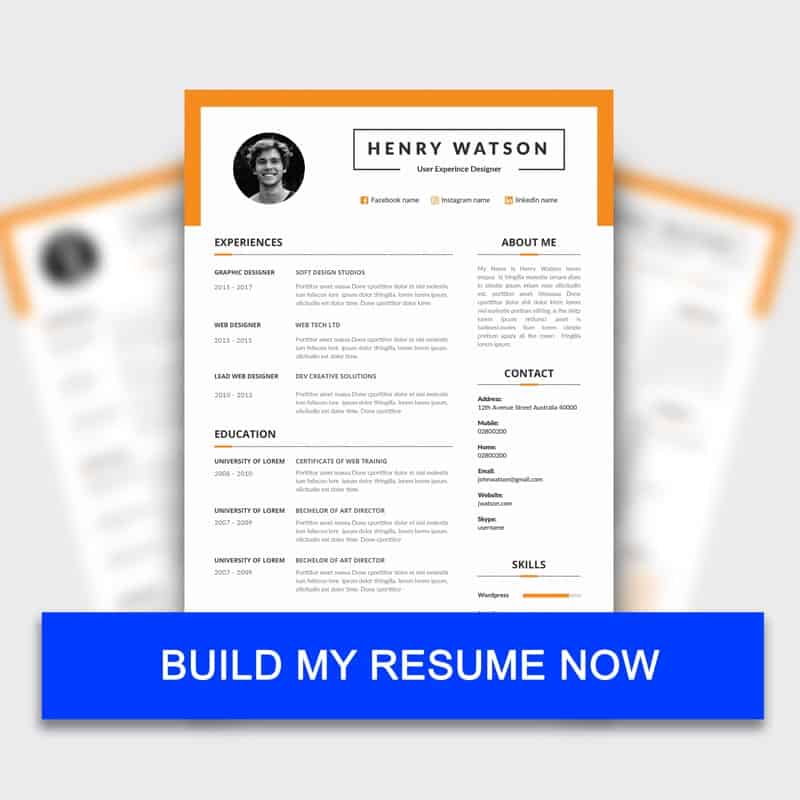You have probably read countless articles and blogs on how to write a resume and what to include in a resume. But are there things that you should not include in a resume? The answer is yes. There is plenty of stuff you are better off not including in your resume.
Your resume should ideally be a one-page document listing only the relevant points of your professional working history. The hiring managers will decide at a single glance whether you are fit for the role or not. As a result, your resume should be filled with only the relevant information skipping all the unnecessary details.
Now, let us see what are the things you can leave off your resume.
Things you should not include in your resume
Any personal information
While you are required to add your contact information in a resume, do not mention any other personal information like your social security number or your bank account number. Also, refrain from mentioning something that gives away your age, gender, race, or marital status. Including these details will simply waste your precious resume space.
Your Photo
If the job listing does not require you to add a photo, do not add a photo. In general, most companies, like personal information, do not ask for a photo. It is quite simple. Your employer is more interested in your skills and working experiences and that is what you should be using your resume space for.
Inaccurate Information
Do not lie in your resume. It is not acceptable to provide inaccurate or dishonest information.
Why? It might get you past the first screening round. However, it will also be the one to get you rejected in the interview round. Inaccuracies in your working history or your education details when spotted by the hiring managers will make you lose any credibility you had. Even your genuine accomplishments would be seen as exaggerations. So, never write lies in your resume.
Long Paragraphs without any Formatting
Hiring managers do not have the time to read every single resume they receive with the utmost attention. They will choose some for further consideration within a few seconds. With that in mind, writing long paragraphs does not look very helpful.
If you have a lot of things to mention, use bullets. To highlight specific keywords, use Bold or Italics. Use formatting whenever convenient to ensure your resume looks tidy and makes it easy to figure out what you are trying to emphasize.
Incorrect Grammar and Spellings
After giving all that effort to write an impressive resume, you cannot afford to make any grammar or spelling mistakes. When in doubt, check the word or sentence once before including it. Even after writing the whole resume, proofread once again to see if you have missed any errors or not.
Using the wrong grammar or spelling will leave a negative first impression. Hence take your time with the proofreading.
References
You might have a lot of references and are eager to tell the hiring manager so. But your resume is not the correct place to do so. You will have your chance later in the recruitment process to show your connections. For now, better to focus on your professional skills.
Negative comments
You might have had a tremendously bad previous work experience, or you probably worked with a manager who never praised your ideas. That might have been hard, but believe me, the hiring managers do not want to know that.
Using negative sentences will make you look like an ill-mannered and disagreeable employee. And no one wants to work with someone like that.
